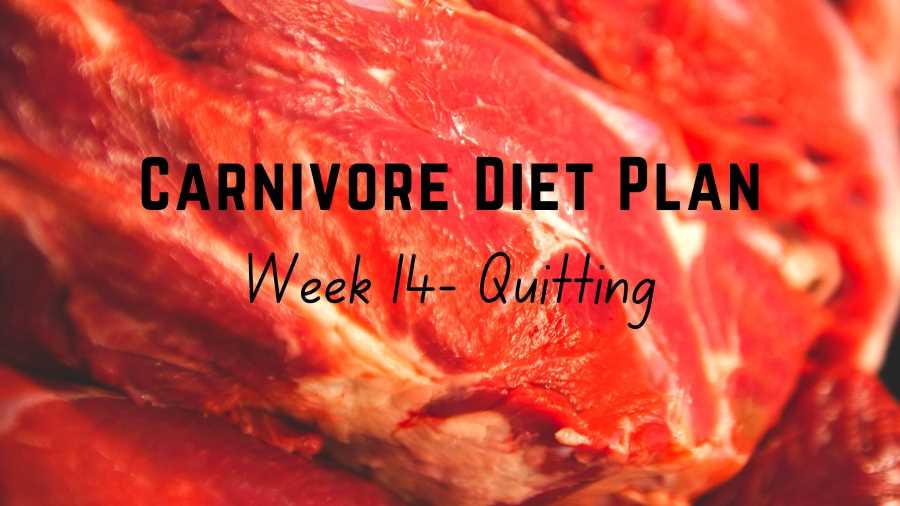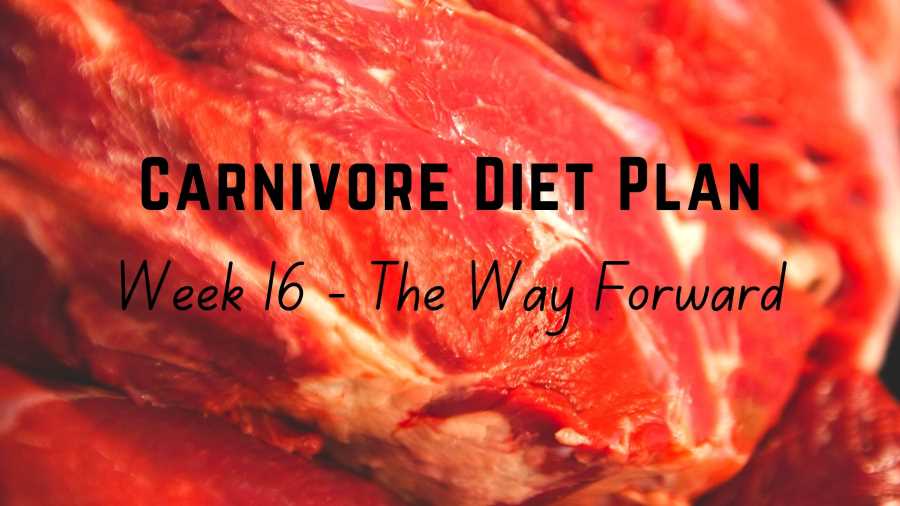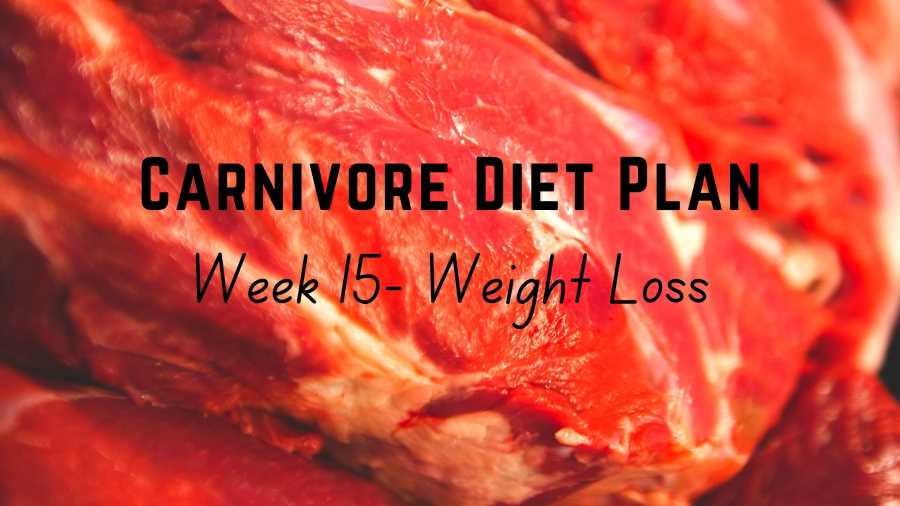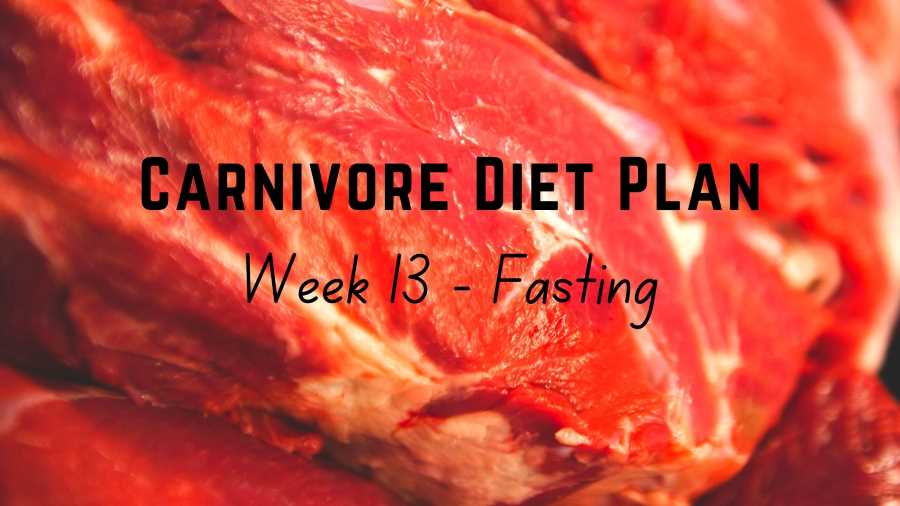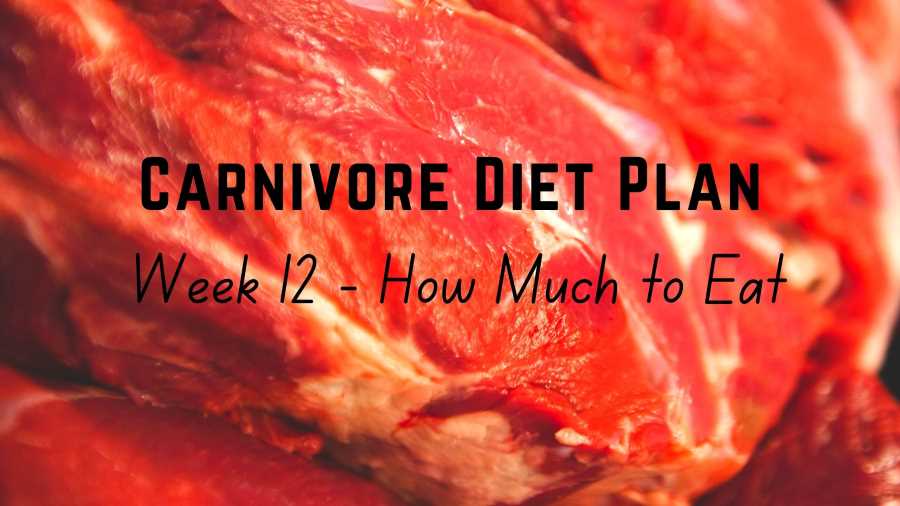This week of the program focuses on cigarettes, tea, coffee, and alcohol and why you should quit them.
So far, the main emphasis of the program has been on getting you adapted to the carnivore diet by eating a lot of the most nutrient-dense food and drinking only water.
If you’ve been following the program closely, it would have been more than three months and you should have been adapted to this way of eating to some degree and it’s time to look at the smoking and drinking matter.
If you have already quit tea, coffee, alcohol, and cigarettes from the beginning, you’ve done a wonderful job.
If you haven’t, the sections below will provide you with information as to why you should eliminate these substances from your diet.
As mentioned in week 11 of the program, plant foods are not necessary for human health but can have some beneficial role for the following reasons:
- they can help you meet all nutritional requirements easier, especially for people who are not used to eating nose-to-tail
- they can help you maintain metabolic flexibility
- they can provide acute stressors in the form of plant anti-nutrients to help you build a stronger and more resilient body.
However, tea, coffee, alcohol, and cigarettes are an exception and, if you can, please exclude them from your diet because, in addition to containing harmful plant compounds, they are also highly addictive.
Our ancestors ate plant food like fruits, nuts, and roots on occasions to survive but they always ate with seasons. That way, they wouldn’t have accumulated too much of a particular kind of plant toxin for too long and their bodies had the opportunity to process and detox.
However, it is impossible to drink tea, coffee, and alcohol or smoke cigarettes with seasons because of their highly addictive nature.
Why you should not drink coffee on the carnivore diet
I have written at length about this topic detailing the evidence and expressing my view as to why coffee should definitely be avoided, so I won’t go into further detail here. Please check it out if you haven’t already.
In summary, you should not drink coffee on the carnivore diet or any other diet for that matter because coffee contains:
- Caffeine, a stimulant that interferes with the normal healthy functioning of your brain and have an adverse impact on your health in general,
- Acrylamide, a byproduct of the roasting process which is a neurotoxin and a carcinogen,
- Ochratoxin, a fungal mycotoxin that is a nephrotoxin, a liver toxin, an immune suppressant, a potent teratogen, and a carcinogen, and
- Pesticides and herbicides that can be extremely toxic and cause serious long-term health problems.
The benefits of coffee consumption in humans are based on observational studies only which only show associations and can’t prove causation while in animal studies, coffee is found to contain substances that cause serious health problems.
Why you should not drink tea on the carnivore diet
Similar to coffee, in my view, it is best to avoid drinking tea (green tea, black tea, oolong tea, dark tea, white tea, yellow tea, etc) on the carnivore diet or on any other diet for that matter.
This is because while the health benefits of tea on humans are inconclusive due to the nature of epidemiological studies, antinutrients in tea such as oxalate, caffeine, tannins, and phytate are proven to be harmful.
- Oxalate. Oxalate can bind with calcium and other minerals to form oxalate crystals, the main ingredient in kidney stones. In addition, oxalates can contribute to a variety of other health problems including inflammation, autoimmunity, mitochondrial dysfunction, mineral balance, connective tissue integrity, urinary tract issues, and poor gut function [1]
- Caffeine. A widely consumed psychostimulant, as mentioned above caffeine interferes with the normal healthy functioning of your brain and have an adverse impact on your health in general. Please check out this post for more information on the risk of caffeine consumption
- Tannins. Tannins are a type of polyphenols that produce an astringent or bitter taste in green tea. and some other fruits. Tannins bind and precipitate proteins. They also bind with digestive enzymes and can adversely interfere with digestion and metabolism. Tannins can also obstruct the absorption of iron [2]
- Phytate. Why some animals can handle phytate, humans can’t. Phytate in tea can reduce the absorption of minerals such as iron, zinc, magnesium and calcium from food. [3]
Why alcohol is bad for you
I have previously written in detail about why I think you should not drink alcohol on the carnivore diet. Please check it out for an in-depth review of the topic and links to available evidence. A short summary is provided below.
Alcohol is a psychoactive drug that has been consumed all over the world for thousands of years. Alcohol is made by fermenting fruits, grains, and vegetables and definitely not a carnivore food.
You should not drink alcohol because alcohol is a psychoactive drug that is capable of seriously affecting neurological pathways in your brain, altering your behaviors, and adversely impacting your health and wellbeing. In particular, health risks associated with alcohol consumption include:
- Interfering with your brain function
- Messing up your sleep
- Reducing your testosterone and ability to build muscles
- Causing weight gain
- Impairing sexual performance
- Causing dehydration and loss of micronutrients
- Damaging your liver
- Increasing blood pressure
- Affecting fertility
- Damaging your digestive system
- Increasing the risk of pancreatitis
- Increasing the risk of various cancers
- Commercial alcohol can contain many harmful substances
- Causing massive health and social problems worldwide.
In short, alcohol is toxic and can wreak havoc on all aspects of your health.
There is evidence of health benefits from moderate alcohol consumption such as brain, gut, and heart health, psychological benefits such as lowering stress and depression and increasing pleasant and happy feelings, plus some other health benefits.[4, 5, 6, 7, 8, 9, 10]
However, in a 2018 global study titled ‘No level of alcohol consumption improves health’ examining the impact of alcohol on injury and disease and published in The Lancet, the authors conclude that no amount of alcohol is good for your health, not even one drink a day. [11]
The conclusions of the study are clear and unambiguous: alcohol is a colossal global health issue and small reductions in health-related harms at low levels of alcohol intake are outweighed by the increased risk of other health-related harms, including cancer.
Burton and Sheron (2018)
Why cigarettes is bad for you
Cigarettes are harmful to health due to the numerous toxic substances present in tobacco smoke.
First of all, cigarettes contain nicotine, an addictive substance that leads to physical and psychological dependence. Addiction to nicotine is a primary reason why many people find it difficult to quit smoking.
Smoking cigarettes is a major cause of various types of cancer, including lung, throat, esophagus, pancreas, bladder, and cervical cancers. The carcinogens in tobacco smoke can damage DNA and lead to the development of cancerous cells. [12, 13]
Furthermore, smoking is a significant risk factor for heart disease and stroke. It contributes to the narrowing of blood vessels, reducing blood flow and increasing the likelihood of blood clots. [14, 15]
Beyond these critical health concerns, smoking weakens the immune system, adversely affects reproductive health, and accelerate the aging process. This detrimental habit is further compounded by its financial toll, encompassing both the cost of cigarettes and potential healthcare expenses associated with smoking-related illnesses over time. [16, 17, 18, 19]
To quit or not to quit
I’ve provided you with the information as to why you should quit tea, coffee and all alcoholic drinks. It’s ultimately your choice whether you want to quit them or not.
Because they are highly addictive, I know quitting is no small feat.
If you can quit it, it’s great. If you can’t, it’s not the end of the world.
As a general guide, if you are able to consume these drinks in moderation, for example, just one cup of coffee a day or one to two cups of tea a day, or one to two glasses of wine a few days a week, it’s okay to keep drinking and try to quit again later when you feel more ready.
But if you need copious cups of coffee and tea to function or need to drink three to four glasses of alcoholic beverages daily, it’s a sign that they are controlling your life, and you do need to quit at some stage.
In addition, if you are trying to fix your health problems with the carnivore diet, you definitely should try to quit and drink nothing but water.
For your information, the ICMNI center‘s therapeutic protocol for their patients with regard to drinks is that:
- Drink only water and only drink when thirsty
- Black and herbal tea are excluded
- Coffee is allowed only after full gut regeneration and in moderation
- Alcohol is not specifically mentioned but should be excluded because it’s not on the list of allowed food and drinks.
I have a more lenient view on herbal teas. In the long term, I think it’s okay to drink herbal teas on occasion if you wish because herbal teas are caffeine-free and not addictive.
It’s much easier to limit consumption of herbal teas than green tea and black tea and it’s also possible to rotate through them so that you don’t drink too much of one particular type.
As to smoking, although we can all agree that there is nothing beneficial about smoking, it is nearly impossible to moderate so you will have to find away to quit it altogether.
To quit smoking, maybe you can start by setting a specific quit date and create a comprehensive quit plan with coping strategies for managing cravings. Consider using nicotine replacement therapy or prescription medications under the guidance of a healthcare professional. Changing your daily routine to break associations with smoking and staying physically active to reduce stress can be beneficial too. In addition, reward yourself for reaching milestones as well as be prepared for setbacks without getting discouraged. Remember, the path to quitting smoking is gradual, so embrace each positive step forward.
Take-home message for this week
This week, please continue to eat a lot of ruminant meat and organ meat, get sun exposure every day, stay physically active, and try to eat less frequently and eat early. In summary:
- Eat ruminant meat (e.g. beef, lamb, bison, goat, kangaroo etc.)
- Eat only when you are hungry and eat until you are full but don’t overeat
- Cook some of your meat to blue, rare, medium rare, or medium
- Have liver and other organ meat regularly (3 – 5 times a week or more)
- Drink a small cup of bone broth daily
- Have other well-tolerated animal-based food such as eggs, pork, poultry, seafood and dairy occasionally and choose pasture-raised and/or wild-caught sources
- Have a serving of well-tolerated seasonal fruits and other plant food on occasion if you wish
- It’s up to you to include or exclude salt based on your experiment in week 6
- Drink water to thirst
- Get about 30 minutes of sunlight every day
- Incorporating as much physical movements throughout the day as you can
- Aim to have 1 – 2 moderate to high intensity interval training sessions and 2-3 resistance training sessions a week
- Eat one to two meals a day and try to have the last meal of the day as early as possible
- Adjust your total daily calorie intake in accordance with your health goals
- If you wish, establish an intermittent fasting routine that fits your lifestyle
- Consider quitting tea, coffee, alcohol, and cigarettes.
Links to all posts in the 16-week carnivore diet plan
- 16-Week Carnivore Diet Plan: An overview
- Week 1: Preparation
- Week 2: Ruminant and liver
- Week 3: Ruminant and more organ meat
- Week 4: Fat to protein ratio
- Week 5: Sun exposure
- Week 6: Salt experiment
- Week 7: Ancestral movements
- Week 8: Meal frequency and meal timing
- Week 9: Intolerance testing (other animal-based food)
- Week 10: Intolerance testing (fruits)
- Week 11: Intolerance testing (other plant food)
- Week 12: How much to eat
- Week 13: Fasting
- Week 14: Quitting
- Week 15: Weight loss
- Week 16: The Way Forward.
If you find this post helpful, please consider sharing this post and my site with your family, friends, and followers. That would be much appreciated. Please also check out my library of articles on the carnivore diet here which is updated regularly.
Disclaimer: The information in this post is for reference purposes only and is not intended to constitute or replace professional medical advice. Please consult a qualified medical professional before making any changes to your diet or lifestyle. Please check out our disclaimer for more detail.
Photo credit: Julian Peter on Pexels

